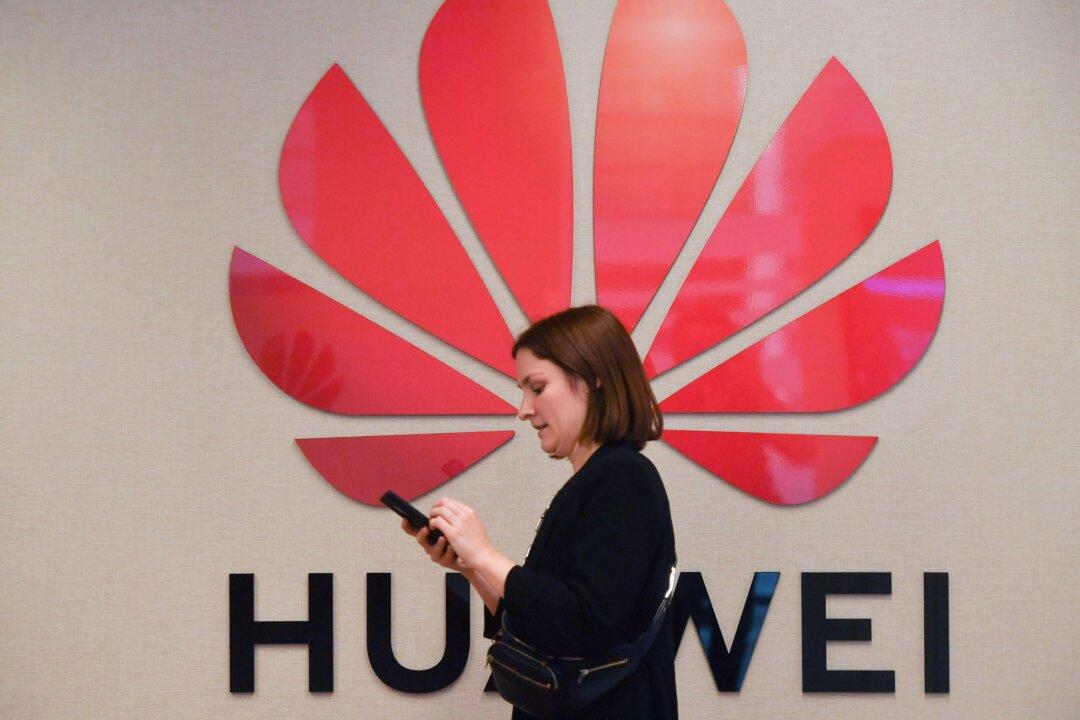In light of the U.S. administration’s export ban on Chinese telecom giant Huawei, mobile carriers around the world have announced that they would discontinue selling Huawei models of smartphones, owing to concerns that the U.S. restrictions would affect the phones’ maintenance.
Meanwhile, UK-based chip designer ARM suspended its business with Huawei, which is the world’s largest manufacturer of telecommunications equipment.





